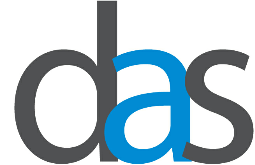On this page you can read about our history and find links to…
- Why do we do what we do? Find out what life can be like for the disabled and their carers.
- Clients First – how we ensure our clients are at the centre of our services.
- Working for DAS – it’s rewarding in more ways than one!
- Our Charity Commission registration.
- Our Management Committee – the trustees responsible for the charity.
- Our accreditations and quality assurance.
- Our policy on Equality, Inclusion & Diversity.
- Our impact – how we benefit more than just individual clients.
- Our funders – the organisations who support us and upon whom we depend to keep the free service running.
- Our heroes – the volunteers and pro bono professionals prepared to give up their valuable time to help us out.
- Our partnerships and networks.
Our history
Founded in 1985 DAS celebrated its 35th anniversary in 2020. Find out more about our history.
We work at the heart of the East Suffolk community supporting anyone with a disability related problem including their family carers. We provide free independent advice on welfare benefits (inc appeals representation); housing rights; adaptations to the home; accessible transport and leisure; employment and support for return to work; crisis intervention and our Listening Service. Over 15% of our clients live in Ipswich
It is our mission to build confidence, enabling those who live with disabilities to gain the same rights and quality of life opportunities as others.
What we do and the impact we have – in brief
This is a short description of what DAS does and an outline of the beneficial impact we have.
Why do we do what we do?
Those who are born with a disability and those who acquire one through accident, illness or old age are disadvantaged in society compared to the rest of us in so many ways. You can review the context for our work – why we are needed – here.
“Disabled people were hit harder than most by austerity. The benefit cuts combined with the narrative of who was deserving or undeserving of support left a constant climate of fear for many. This fear was on top of barriers – discrimination – already faced by disabled people in everyday life. It can break your trust in systems and people. It has caused profound social isolation for many. It makes it harder to communicate and connect socially to those who have not got lived experience of instability.” Becca Bunce, John Ellerman Foundation
Working for DAS
Working for DAS is rewarding in more ways than one! You get to make a real difference to people’s lives – some of the most disadvantaged and vulnerable people in our local communities. Our rates of pay and conditions are very competitive (we keep tabs on market rates) and we are a Real Living Wage employer. Our training programmes are exemplary and you’d be joining a very dedicated team of staff and volunteers.
Putting clients first
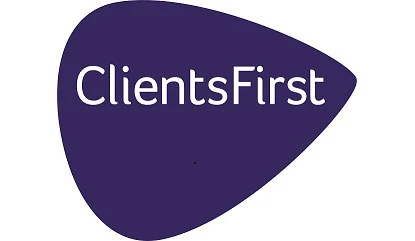
Our promises to our clients
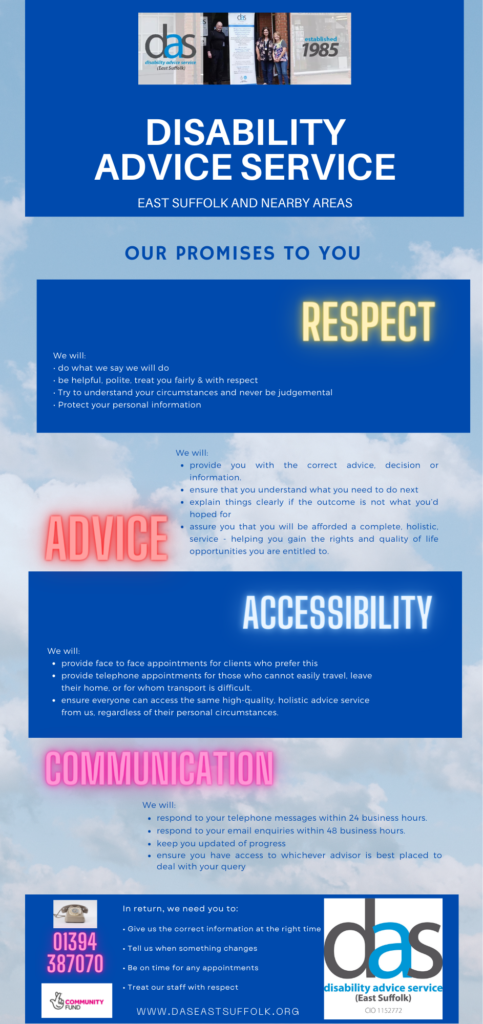
Charity commission registration
We have been a registered charity since 1998 and in 2013 we became a charitable incorporated organisation with the charity number 1152772.
You can read more about us on our entry on the Charity Commission website.
Management committee (trustees)

Our accreditations and quality assurance
This is a downloadable showing our awards and other external means of validating our claim to providing an excellent standard of service to our clients.
Equality, Diversity & Inclusion

Our impact
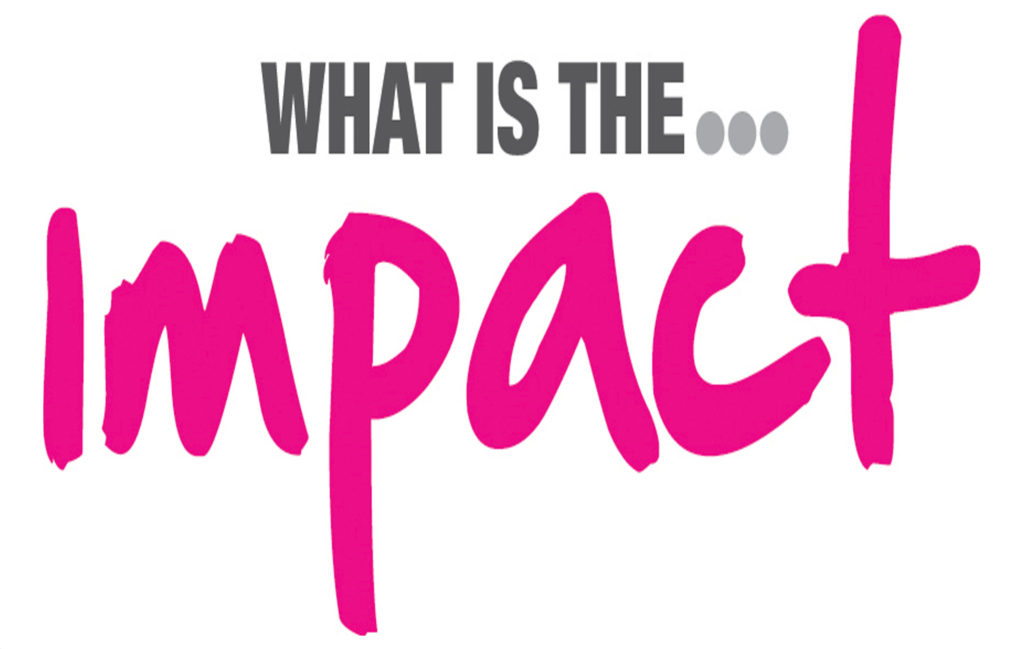
Our funders

Our heroes
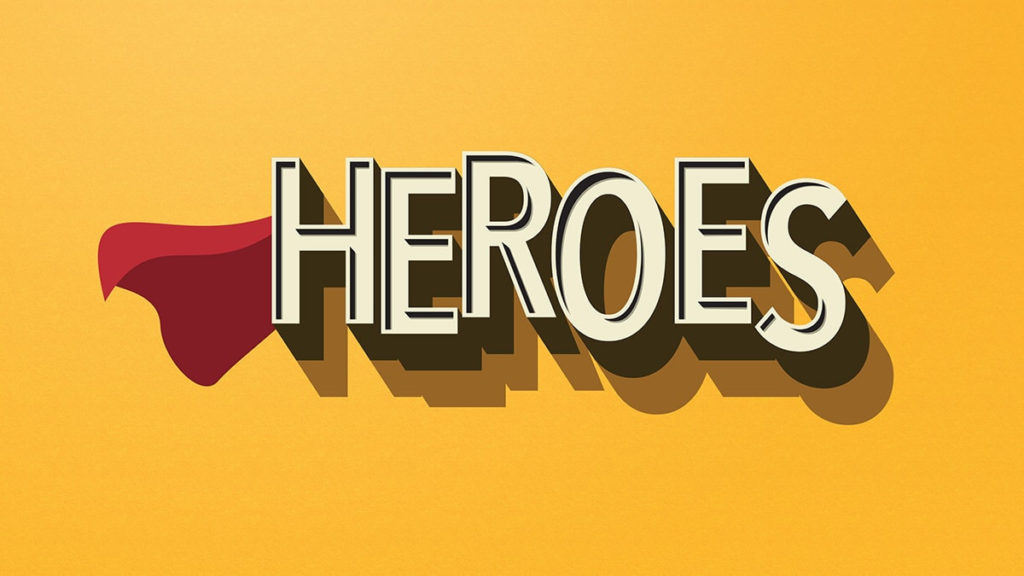
Our partnerships and networks
You can view here the list of organisations we work with and the networks that we belong and contribute to.
